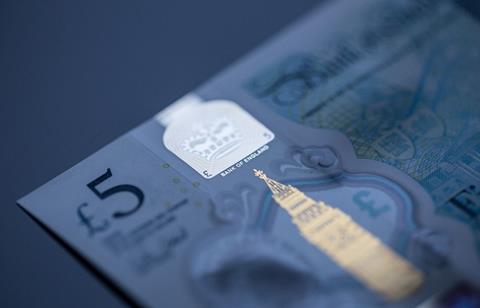
The UK has been ranked 13th for female economic empowerment out of 33 member countries of the Organisation for Economic Co-Operation and Development (OECD), according to research by professional services firm PricewaterhouseCoopers (PWC).
The Women in work index, published in March 2019, analysed female economic empowerment across 33 of the 36 member countries of the OECD, an intergovernmental economic organisation. It did this by exploring equality in the workplace, as well as comparing five key indicators: the gap between female and male earnings, the female labour force participation rate, the gap between female and male labour force participation rates, the female unemployment rate and the share of female employees in full-time work.
The report, now in its seventh year, ranks Iceland in first place for female economic empowerment, followed by Sweden in second spot and New Zealand in third. PWC attributes the UK's placement to its persistent gender pay gap. Nevertheless, the country has seen some success, rising from 17th place in 2000 to 13th this year.
Alexandra Anders, Europe, Middle East and Africa (EMEA) talent director at Cornerstone OnDemand, said: “If [employers] have a male candidate who asks for £90,000 per year and a woman who asks for £40,000 per year, but both of them are happy with those respective salaries, should [the organisation] accept that? If [it does], there will always be a pay gap between those two people as they work and grow, so it’s better to review the appropriate pay for that job function and level. It’ll pay off in the long-term and lead to better retention rates.”
The UK compares favourably to other G7 countries; Canada ranks nearby in 11th, while Germany (18th), France (22nd), the US (23rd), Japan (27th) and Italy (29th) all sit below the UK.
Scotland tops the UK's regional rankings, followed by the South West, Wales, Northern Ireland and the South East. London is 9th out of 12 UK regions.
The report estimates that there could be a $2 trillion boost to the earnings of female employees within OECD countries as a result of closing gender pay gaps, while OECD gross domestic product (GDP) could increase by $6 trillion if member countries increased employment rates to match Sweden.
Anders added: “Changing the way [businesses] attract and hire a more diverse workforce is just the first step; when building a diverse workforce, [employers have] got to retain them. There’s work to be done with training managers who may have previously worked in a male dominated team. There are also employees who don’t want or don’t like change, and the best way to get them on board is to encourage an honest exchange to find out why.
“From a leader’s perspective, when [employers] bring a diverse set of people together, [they] must be clear how [they] want to be as [an organisation]. Yes, there will be local laws and cultural aspects that individuals in hold dear, but [employers] must set the ‘laws’ as a [business] and what it means to be at [the] organisation. For many organisations, this means moving away behaviours that stifle diversity."











